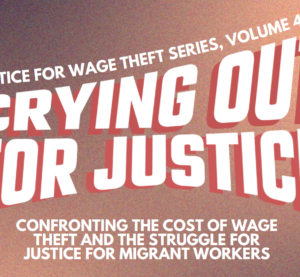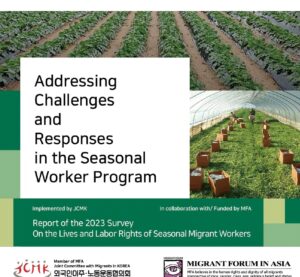Paper 4 – ILO Report
— March 4, 2011A vast majority of the UN-estimated 60 million migrant workers in Asia are women, and the issue of domestic
workers (DWs) in the region is hardly new. In most cases, these women are engaged in domestic work in Malaysia,
Hong Kong, Special Administrative Region of China, Singapore, Thailand, Macau, India, Taiwan, Province of China and the Middle East. Most of them come from Indonesia, the Philippines, Bangladesh, Nepal, Sri Lanka, India, Thailand and Lao PDR.
The domestic workers are driven to engage in domestic work for various reasons – most common of which is the endemic poverty in their homes that makes it impossible for them to have job opportunities in other industries or fields of work. For most of these women, they are driven out of their own countries in the hopes of earning better incomes abroad while they provide domestic services to foreign employers. This puts domestic workers in one of the most insecure of environments where work is often casual, temporary, subcontracted or informal, where benefits and conditions are not standardised – no minimum wage, no set working hours, no social security, and no provisions for occupational safety – and where there is little, if any, labour and human rights protection. Domestic workers also lack access to health care and holiday facilities. There are also child migrant domestic workers who are deprived of getting education.
Download the full report below.




